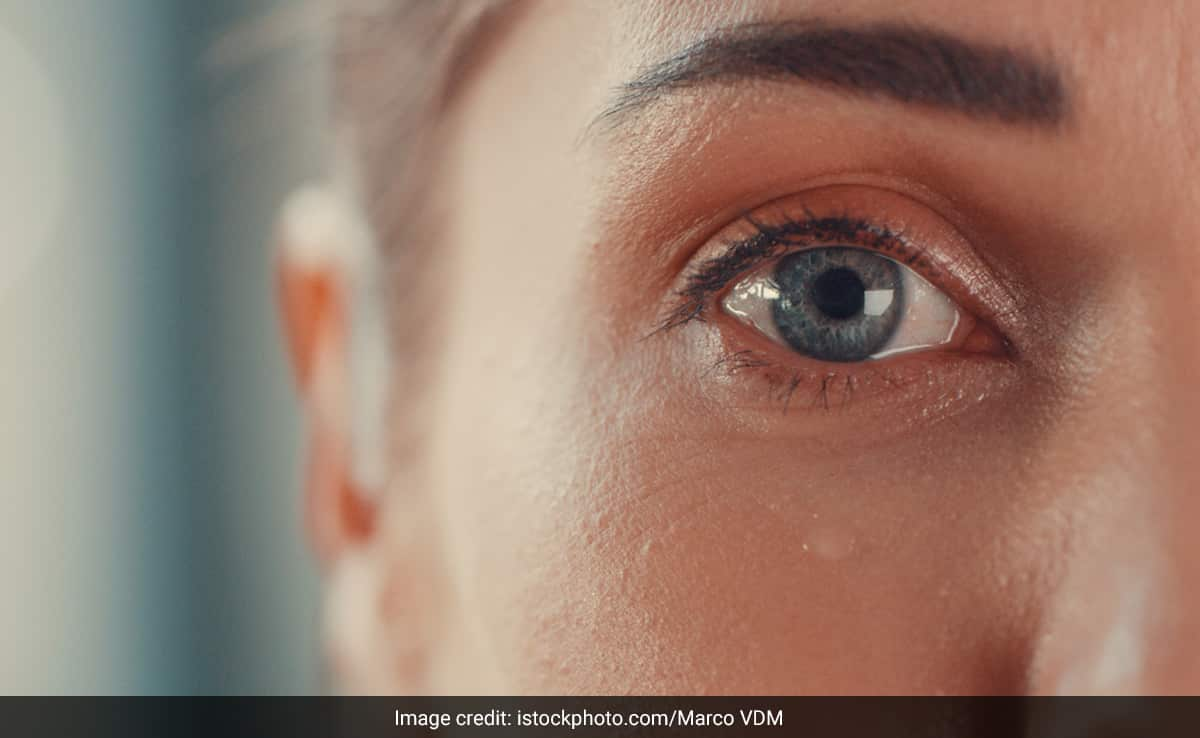Regular eye exams are not only essential for detecting refractive errors and updating prescription eyeglasses.

Regular eye exams involve a comprehensive assessment of overall eye health
In this increasingly digital world, it's hard to overlook the significance of regular eye exams, which are crucial for preserving vision. But did you know that several other conditions can lead to loss of vision? One among these is glaucoma, a leading cause of irreversible blindness globally. This condition represents a group of eye diseases that can lead to optic nerve damage and vision loss. In India, glaucoma is responsible for blindness in 1.2 million people.
Glaucoma is often referred to as “silent thief of sight" because it progresses slowly, has no obvious symptoms in the early stages, and affects peripheral vision. Regular eye exams can help detect some causes of glaucoma, such as elevated intraocular pressure (IOP), before significant damage occurs. Detecting glaucoma early allows for timely intervention and management with treatments such as eye drops, laser therapy, or surgery, which can slow down or prevent further vision loss.
While the exact cause of glaucoma is not fully understood, several risk factors have been identified that may increase the likelihood of developing this eye disease. Understanding these risk factors is crucial for early detection and proactive management. Here are the key risk factors:
- Age: Glaucoma becomes more prevalent as individuals age, with a significant increase in risk for those over 60. Regular eye exams become especially important as people get older to monitor and detect this condition.
- Genetic predisposition: If you have a family history of glaucoma, particularly in first-degree relatives (parents, siblings), your risk of developing the condition is higher. Almost half of the people with glaucoma have first-degree relatives with the same condition.
- Underlying health issues: Certain medical conditions, such as diabetes and hypertension, have been associated with an increased risk of glaucoma. Additionally, cardiovascular diseases and migraines may contribute to the risk.
Eye check-ups are crucial
Regular eye exams involve a comprehensive assessment of overall eye health, including checking for conditions like cataracts, macular degeneration, and diabetic retinopathy. Addressing these issues early can contribute to preserving vision. These exams also provide an opportunity for eye care professionals to educate patients about the importance of eye health, risk factors for glaucoma, and lifestyle measures to protect vision. Patient awareness and understanding can lead to better adherence to recommended eye care practices.
Regular eye exams are not only essential for detecting refractive errors and updating prescription eyeglasses. They also play a critical role in identifying and managing conditions such as glaucoma. Early detection and intervention are key to preserving vision and maintaining a good quality of life. It is recommended that individuals undergo comprehensive eye exams regularly, especially as they age, to ensure the early detection of potential eye health issues. In early to moderate disease, treatment is usually in the form of regular eyedrops and in certain cases minimally invasive glaucoma surgery. In more advanced cases more invasive surgeries like trabeculectomy and tube implants can also be done to save the patient from complete blindness.
Content by: Dr Amit Pandey, Consultant, Centre for Sight, Surat, Gujarat
Disclaimer: The opinions expressed within this article are the personal opinions of the author. NDTV is not responsible for the accuracy, completeness, suitability, or validity of any information in this article. All information is provided on an as-is basis. The information, facts, or opinions appearing in the article do not reflect the views of NDTV and NDTV does not assume any responsibility or liability for the same.
DoctorNDTV is the one stop site for all your health needs providing the most credible health information, health news and tips with expert advice on healthy living, diet plans, informative videos etc. You can get the most relevant and accurate info you need about health problems like diabetes, cancer, pregnancy, HIV and AIDS, weight loss and many other lifestyle diseases. We have a panel of over 350 experts who help us develop content by giving their valuable inputs and bringing to us the latest in the world of healthcare.














